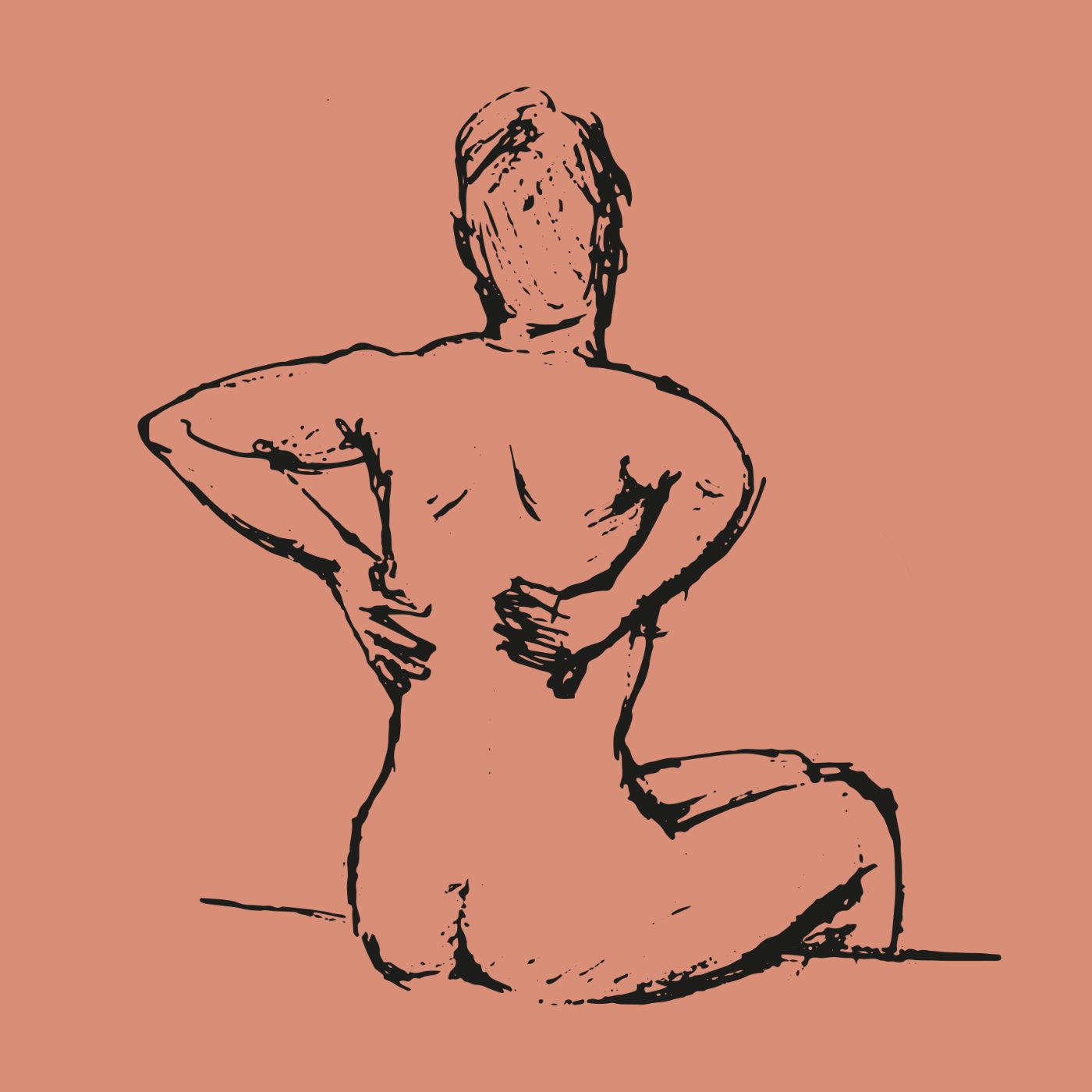Table of Contents
Table of Content
If you’re struggling with psoriasis, you’ll know it can be painful, debilitating, and hard to treat. With some of the more common psoriasis treatments possibly resulting in side effects as serious as kidney damage and heart issues, you’ve probably started to wonder if there could be a better option out there. The good news is that CBD could offer some hope for those out there with psoriasis.
What is CBD?
CBD is a type of chemical compound called a cannabinoid that is found in cannabis and hemp plants that contains an impressive range of therapeutic benefits. From oils to lotions to edibles, there is a smorgasbord of CBD products available these days. The especially exciting thing about CBD for patients with psoriasis is that research tells us that CBD holds skin healing properties that could possibly help with this hard-to-treat skin disorder.

How does CBD help psoriasis?
CBD may be able to help treat psoriasis by potentially stopping the cause—the overproduction of skin cells.
Psoriasis is an autoimmune condition, which essentially means that your immune system, which is meant to protect you from illness, misfires and instead starts to attack your body. In the case of psoriasis, this takes the form of your immune system overproducing skin cells. This overproduction then results in skin cells building up and leading to inflamed, dry, and painful patches of skin.
CBD exerts its effects on the body by binding to and acting on different receptor types, and this is exactly how it might be able to improve the symptoms of psoriasis.
Research on CBD and psoriasis
- One study published in the Journal of Dermatological Science tested the ability of various cannabinoids (including CBD) to stop the excessive production of epidermal skin cells that cause psoriasis. The study found that CBD managed to block the proliferation of skin cells, which was more effective when higher concentrations of CBD were used. The study’s authors concluded that cannabinoids, including CBD, were able to inhibit the overproduction of skin cells and, therefore, could be effective in the treatment of psoriasis (1).
- A study published in the journal PeerJ investigated whether the activation of cannabinoid receptors had an effect on specific keratin protein types present in higher levels in psoriasis. The results showed that when cannabinoid receptors were activated, those specific keratin protein types were reduced. As cannabinoid receptors are activated by cannabinoids such as CBD, it is, therefore, possible that CBD may be able to improve psoriasis by reducing the levels of the specific keratin protein types (2).
- A 2019 study found that CBD ointment significantly improved the symptoms of psoriasis in patients, as measured by the Psoriasis Area and Severity Index (PASI). Patients in the study administered the ointment to lesioned skin areas twice a day for three months, and the CBD ointment resulted in no irritant or allergic reactions. While these results are impressive, it’s important to note that this study used a very small sample size, so more extensive research is needed before conclusions can be drawn (3).
- Psoriasis can also result in inflammation, which can leave you with hot, red, painful areas of skin. Aside from reducing skin cell proliferation, CBD has also shown promise as an anti-inflammatory. Multiple studies tell us that CBD can induce an anti-inflammatory effect in the skin, which makes it an extremely positive possible treatment for psoriasis (4, 5, 6).
The trouble with psoriasis treatment
Traditional psoriasis treatments come with some pretty significant side effects, so the potential of CBD to be a low-irritant effect psoriasis treatment is exciting.
Cyclosporine is an immunosuppressant medication that is commonly used to treat psoriasis, and its side effects can be severe. These can include high blood pressure, blood clot risk, acne, headaches, increased gum size, tremors and unusual body hair growth. More serious side effects such as kidney damage, liver damage, or heart problems are also possible (7).
Topical steroids are another treatment, but they can also result in side effects that it’s important to be aware of. Prolonged treatment of steroids can lead to acne, dermatitis, delayed wound healing, pigment changes, and exacerbation of skin infection (8).
Side effects of CBD
One of the main benefits of CBD is that it has very few side effects. Any side effects from CBD tend to be mild. These can include:
- Diarrhoea
- Lethargy
- Drowsiness
- Lack of appetite (9)
On the whole, CBD is considered very safe. In fact, studies have found that doses of CBD as high as 1,500 mg per day can be used safely and effectively (10). It seems that it is also impossible to overdose on CBD, as CBD receptors have no control over respiration, which means that CBD can’t lead to respiration suppression and overdose (11). The FSA recommends not consuming more than 70mg of CBD per day unless under medical supervision.
Even though CBD is an active compound in cannabis, you don’t have to worry about getting high. Another cannabinoid, THC, is the compound responsible for the psychoactive effects of cannabis. As long as your CBD contains no THC, then your treatment will be high-free.
The bottom line
Psoriasis is a serious, debilitating, and often hard-to-treat condition. While it may not be an outright cure and there is still much work to be done, CBD does show a lot of promise as a potential treatment.
More research is needed before we can make sweeping conclusions about CBD’s ability to treat psoriasis, but what we see now is exciting, especially the ability of CBD to block the cause of psoriasis—the overproduction of skin cells.
With its high safety profile and minimal side effects, CBD appears to be a treatment option worth trying to alleviate psoriasis symptoms.
 |
Medically reviewed for KLORIS by Sarah Neidler, PhD |




